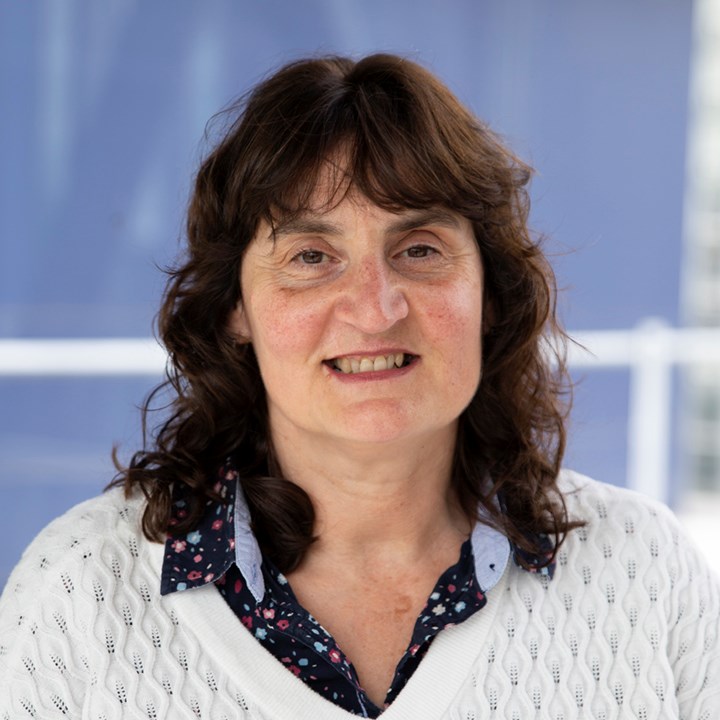Assistant Professor, Head of molecular malaria vaccine research
Dr. B. (Blandine) Franke-Fayard, PhD
Area(s) of expertise:
Malaria: infection and vaccinology
Malaria: infection and vaccinology
&width=400&height=400)
Introduction
I obtained my PhD in 1993 in Molecular Genetics in France (University of Nancy and Institut Scientifique de la Recherche Agronomique, INRA) on the characterization of lactic acid bacteriophages and then continued my research career as post-doctoral fellow at the University of Groningen (NL) and Cork (IE). I gradually went from the Beaufort mountain pastures (INRA, FR) to the green Irish fields (University College Cork, IE) to finally settle in the ‘low countries’ (LUMC, Leiden, NL). Scientifically I made a journey by working on viruses (my master), and bacteriophages (my thesis), I finally discovered “parasites”. My debut in the ‘Malaria world’ was a chance discovery. I was looking for a job in ‘South Holland’ where there is no dairy research and came across a post-doc position on Malaria in the Leiden University Medical Center in 1999. I am now celebrating more than 20 years of Malaria research!
Scientific research
Our studies are aimed at developing interventions against human malaria; both by examining and genetically engineering the most lethal human malaria parasite, Plasmodium falciparum, and by exploiting rodent models of malaria parasites (Plasmodium berghei, P. yoelii).
The focus of our research is on understanding the molecular interactions between host and parasite associated with causes of malarial pathology and correlates of protective immunity.
A major area of interest is to generate live-but-genetically-attenuated parasites to make a highly effective vaccine that can be used to eradicate malaria. The group is also very actively working on methods to deliver and enhance vaccine potency as well as attempting to characterize mechanisms of protective immunity engendered by the attenuated parasites. As a part of the Leiden vaccine group, we have the unique opportunity to translate our findings from pre-clinical studies to clinical trials and use the knowledge emerging from the trials to further improve malaria vaccination.
The focus of our research is on understanding the molecular interactions between host and parasite associated with causes of malarial pathology and correlates of protective immunity.
A major area of interest is to generate live-but-genetically-attenuated parasites to make a highly effective vaccine that can be used to eradicate malaria. The group is also very actively working on methods to deliver and enhance vaccine potency as well as attempting to characterize mechanisms of protective immunity engendered by the attenuated parasites. As a part of the Leiden vaccine group, we have the unique opportunity to translate our findings from pre-clinical studies to clinical trials and use the knowledge emerging from the trials to further improve malaria vaccination.
